The Health Benefits of Home Water Purifiers
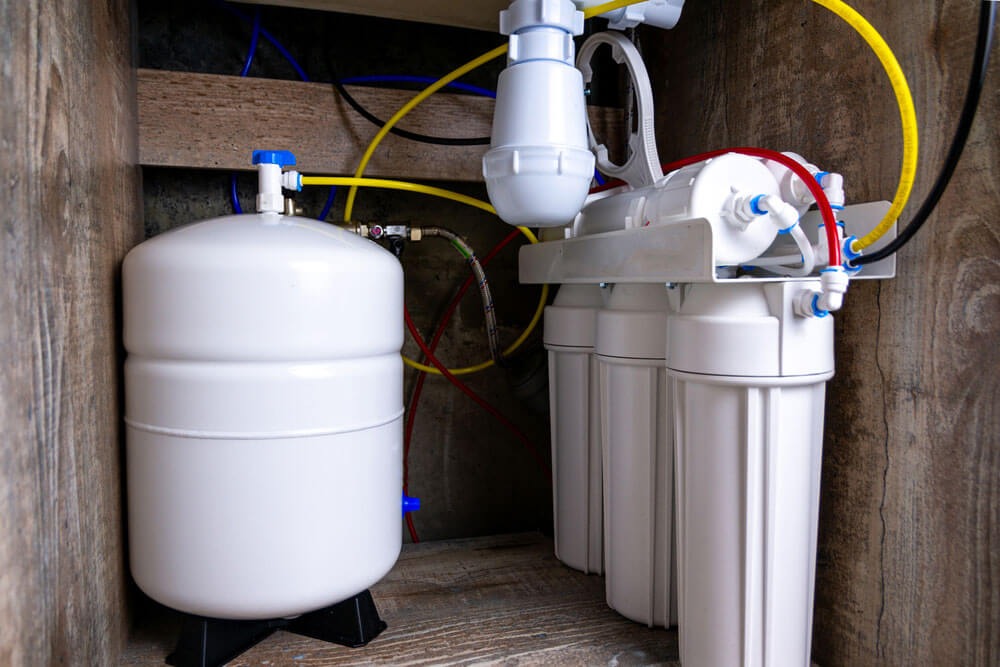
Introduction: Why Clean Water Matters More Than Ever
In an era where health-consciousness is at the forefront of our minds, one fundamental yet often overlooked aspect of well-being is the quality of the water we consume. Clean, safe water is crucial for maintaining a healthy lifestyle, yet many households still rely on municipal water supplies that may not meet the highest standards of purity. The growing recognition of water contamination risks has made domestic water purification systems not just a luxury, but a necessity. This article explores the myriad benefits of investing in water purification equipment for the home, ranging from health and environmental advantages to cost savings and convenience.
The Growing Importance of Water Purification in Our Homes
As urbanization increases and pollution levels rise, the quality of tap water has become a major concern worldwide. Contaminants such as chlorine, lead, pesticides, and bacteria are often found in municipal water systems, putting both human health and the environment at risk. With rising awareness about these risks, more people are turning to domestic water purification systems to safeguard their health. The shift towards cleaner water isn't just a passing trend—it's becoming an essential component of modern home living.
How Contaminated Water Affects Health and Lifestyle
The effects of contaminated water on health are far-reaching. Drinking water tainted with heavy metals, harmful microorganisms, or chemicals can lead to gastrointestinal issues, skin conditions, and even long-term diseases like cancer or neurological disorders. Contaminated water also impacts lifestyle in subtle yet profound ways, contributing to fatigue, poor hydration, and compromised immune systems. With the growing frequency of water contamination crises, it is clear that clean water is not a luxury—it's a vital part of maintaining optimal health.
Understanding Domestic Water Purification Systems
What Is Domestic Water Purification Equipment?
Domestic water purification equipment is designed to remove contaminants from household water sources, ensuring that the water you drink, cook with, and bathe in is free from harmful substances. These systems range from simple filters to more complex multi-stage purification technologies, catering to a variety of water sources and household needs. Investing in a reliable water purification system helps guarantee that your water is safe, clean, and beneficial for your health.
Types of Water Purification Systems for the Home
There are several types of water purifiers available, each suited for specific needs and water sources. The most common types include activated carbon filters, reverse osmosis systems, distillation units, and ultraviolet (UV) purifiers. Each system works differently, using a variety of methods to eliminate contaminants, from filtering out particles and chlorine to using UV light to neutralize harmful bacteria and viruses.
Key Features to Look for in a Home Water Purifier
When shopping for a water purifier, it’s essential to consider several factors:
Filtration Technology
Look for systems that use multiple filtration stages to target a wide range of contaminants.
Water Flow Rate
Choose a system that provides an adequate flow of water without compromising filtration effectiveness.
Maintenance Requirements
Consider how often filters need to be replaced and how easy it is to maintain the system.
Certification and Testing
Ensure that the purifier is certified by health and safety organizations such as NSF International or the Water Quality Association.
Health Benefits of Using Domestic Water Purification Equipment
Eliminating Harmful Contaminants and Toxins
Water purification systems are designed to eliminate contaminants such as chlorine, lead, mercury, and pesticides, which can accumulate in municipal water supplies. By removing these harmful substances, water purifiers help reduce the risk of long-term health issues like high blood pressure, kidney damage, and even cancer. The peace of mind that comes with knowing that your water is toxin-free is a significant health benefit.
The Role of Purification in Preventing Waterborne Diseases
Waterborne diseases, caused by bacteria, viruses, and parasites, are a leading cause of illness in many parts of the world. In developed countries, contamination of drinking water is less frequent but still present. Purified water, free from harmful microorganisms, dramatically reduces the risk of diseases like cholera, dysentery, and E. coli infections.
Improving Overall Health with Clean Water
Drinking clean water supports nearly every bodily function. Hydration is key for proper digestion, circulation, and detoxification. Water that is free of harmful chemicals and impurities helps promote clearer skin, a stronger immune system, and more energy. Clean water is the foundation of a healthy lifestyle and can significantly improve overall health and vitality.
Better Skin and Hair Health with Purified Water
Chlorine and hard minerals in untreated tap water can damage skin and hair. They strip away natural oils, leaving skin dry, irritated, and prone to acne. Hair can become brittle and dull over time. Purified water, on the other hand, promotes better skin hydration, a smoother complexion, and more vibrant hair. The benefits are immediately noticeable after switching to filtered water for bathing and washing.
Environmental Impact of Home Water Purifiers
Reducing Plastic Waste from Bottled Water
The environmental toll of bottled water is staggering. Millions of plastic bottles end up in landfills or pollute the oceans every year. By investing in a home water purification system, you reduce your reliance on bottled water, helping to lessen plastic waste and contribute to a cleaner environment.
The Eco-Friendly Advantage of Filtration Systems
Unlike bottled water, water purification systems do not require disposable plastic containers. These systems are designed for long-term use, significantly reducing the carbon footprint associated with packaging, production, and transport of bottled water. By choosing a purifier, you’re making an eco-conscious choice that benefits both the environment and future generations.
Sustainability Benefits of Home Water Purifiers
Water purification systems also contribute to sustainability by using less energy and resources compared to bottled water production. In many cases, filters can be reused or replaced, ensuring that your consumption remains efficient and responsible. Additionally, many advanced systems are designed to conserve water during filtration, helping to reduce overall water waste.
Cost Efficiency of Owning a Home Water Purification System
Saving Money on Bottled Water
Over time, the cost of bottled water can add up significantly. The average household spends hundreds of dollars annually on bottled water, not to mention the environmental cost of producing and transporting those bottles. A water purifier, on the other hand, offers an affordable, one-time solution that provides purified water on demand at a fraction of the cost.
Long-Term Financial Benefits of Water Purifiers
While the initial investment in a water purifier may seem substantial, it quickly pays for itself. Not only does it eliminate the ongoing cost of purchasing bottled water, but it also protects your appliances from the damage caused by hard water or impurities. With proper maintenance, a well-chosen water filtration system can last for many years, making it a sound long-term investment.
Low Maintenance Costs and Energy Consumption
Most home water purification systems have low maintenance costs, especially when compared to the price of regularly buying bottled water. Filters are typically affordable and easy to replace, and energy consumption is minimal for systems like reverse osmosis or UV purifiers. Over time, these savings add up, providing long-term financial benefits.
Improved Taste and Odor of Water
How Purification Enhances Water Taste
One of the most immediate benefits of purified water is its superior taste. Without the chlorine, chloramine, or other chemicals often found in municipal water, purified water tastes crisp, clean, and refreshing. It’s not just about drinking—it’s about enjoying water as it was meant to be.
Removing Chlorine, Heavy Metals, and Other Odors
Chlorine and other chemicals used in municipal water treatment often leave an unpleasant taste and odor. Advanced filtration systems remove these impurities, making the water taste better and smell fresher. Heavy metals like lead or mercury, which can cause long-term health issues, are also effectively removed by most filtration systems.
Convenience and Accessibility of Clean Water at Home
The Convenience of Having Clean Water Anytime
Gone are the days of waiting for bottled water deliveries or hauling heavy cases of plastic bottles. With a home water purification system, clean water is readily available, 24/7, directly from your tap. This means no more running to the store for last-minute water purchases or worrying about running out of clean water.
How Water Purification Equipment Saves Time
Having a water purification system saves precious time. Instead of spending time on trips to the store or waiting for filters to be delivered, you can have immediate access to fresh, purified water. It’s a small change that has a big impact on your daily routine.
Easy Installation and User-Friendly Operation
Most modern water purification systems are designed with simplicity in mind. Installation is typically straightforward, often requiring no professional assistance. Once set up, these systems are easy to use and maintain, with minimal effort required from homeowners to ensure optimal performance.
Purification Equipment for Different Water Sources
Using Water Purifiers for Well Water
Well water can be particularly problematic due to its potential contamination with bacteria, nitrates, or heavy metals. A well-suited filtration system, such as one with a UV purifier or reverse osmosis, can ensure that well water is safe and clean for drinking and other uses.
How to Choose the Right System for Municipal Water
Municipal water systems, while treated, often still contain impurities. Reverse osmosis or activated carbon filters are ideal for removing residual chemicals, sediments, and bad taste. Understanding the specific contaminants in your area can help guide the choice of purification system.
The Benefits of Reverse Osmosis for Water Filtration
Reverse osmosis is a highly effective filtration method, particularly for removing dissolved solids, salts, and heavy metals. It is known for its ability to purify water to a very high standard, producing water that is virtually free from contaminants and ideal for consumption.
Ensuring Safe Drinking Water for Children and Pets
Protecting Your Family’s Health with Safe Drinking Water
Purified water plays a crucial role in safeguarding the health of your family, particularly young children, who are more vulnerable to waterborne diseases. Clean water ensures that your little ones are drinking water that is free from harmful pathogens, chemicals, and toxins, promoting healthy growth and development.
The Importance of Purified Water for Pets
Pets, like humans, require clean water to stay healthy. Purified water ensures that your pets aren’t exposed to harmful bacteria, chemicals, or other contaminants that could negatively affect their health.
Frequently Asked Questions (FAQs) about Domestic Water Purification Systems
1. What contaminants can water purifiers remove from tap water?
Water purifiers are designed to eliminate a wide range of contaminants commonly found in municipal and well water. These include chlorine, heavy metals (like lead and mercury), pesticides, bacteria, viruses, sediments, and harmful microorganisms. Some advanced systems, such as reverse osmosis or UV purifiers, can also remove dissolved solids, salts, and even pharmaceuticals that may be present in water.
2. How often should I replace the filters in my water purification system?
The frequency of filter replacement depends on the type of system you have and the quality of your water. Generally, activated carbon filters should be replaced every 6 to 12 months, while reverse osmosis membranes can last 2 to 3 years. It's important to check the manufacturer's guidelines for specific recommendations. Regular maintenance ensures your system works efficiently and effectively.
3. Is a water purification system necessary if I have municipal water supply?
While municipal water is treated, it often still contains residual chlorine, chloramine, heavy metals, and other contaminants that could affect taste, odor, and overall health. Using a water purification system ensures that your water is free from these impurities, providing cleaner, safer, and better-tasting water for drinking and cooking.
4. Are water purifiers safe for children and pets?
Yes, water purifiers are safe and highly beneficial for children and pets. In fact, purified water is especially important for the health of young children and animals, as they are more susceptible to waterborne diseases and contaminants. A good water purification system will ensure that your family has access to clean, safe water for drinking, cooking, and even bathing.
5. What is the difference between reverse osmosis and activated carbon filtration?
Reverse osmosis (RO) is a highly effective filtration method that uses a semi-permeable membrane to remove dissolved solids, salts, heavy metals, and microorganisms from water. Activated carbon filtration, on the other hand, primarily targets chemicals, chlorine, and organic contaminants by adsorbing them onto a carbon surface. While both systems provide clean water, RO is typically more effective for purifying water from a broader range of contaminants.
6. Can a water purifier improve the taste and odor of my water?
Absolutely! One of the main reasons people invest in water purifiers is to improve the taste and odor of their tap water. Chlorine, chloramine, and other chemicals often give water a foul taste and smell. Water filtration systems remove these compounds, leaving your water tasting fresher and cleaner. If your water contains heavy metals or other impurities, a purifier can also enhance its overall flavor and clarity.
7. How do I know which water purifier is best for my home?
Choosing the right water purification system depends on several factors, including the type of contaminants in your local water, your budget, and the water consumption needs of your household. If you're unsure about what’s in your water, consider getting a water quality test. This will help identify the contaminants present, allowing you to choose a purifier that specifically targets those issues. Be sure to consider the size of the system, installation requirements, and long-term maintenance costs.
8. Can a water purification system save me money?
Yes, over time, a water purification system can save you money. By eliminating the need for bottled water, you’ll no longer have to purchase expensive plastic bottles regularly. Additionally, purifiers can protect household appliances, such as dishwashers and water heaters, from the harmful effects of hard water and mineral buildup, potentially saving you money on repairs and replacements.
9. Are water purifiers environmentally friendly?
Water purifiers are far more environmentally friendly than bottled water. Bottled water production involves the use of plastic, energy, and resources, contributing to pollution and waste. In contrast, water purification systems eliminate the need for single-use plastic bottles and reduce your carbon footprint. Many systems are designed with eco-friendly materials and energy-efficient features, making them a sustainable choice for your home.
10. What maintenance is required for a water purification system?
Most water purifiers require minimal maintenance. Regularly replacing filters is the most important task, and the frequency will depend on the type of system you use. Some systems have indicator lights that notify you when it’s time to change the filter. You should also periodically clean the system and check for any leaks or clogs to ensure optimal performance. For more complex systems like reverse osmosis, the membrane should be replaced every 2 to 3 years.
11. How long does a water purification system last?
The lifespan of a water purification system depends on the quality of the system, the type of water you have, and how well it’s maintained. On average, a good water purifier can last 5 to 10 years, with regular filter changes and maintenance. Reverse osmosis systems and other advanced filtration systems tend to have longer lifespans when properly cared for.
12. Can water purification equipment be installed by myself?
Many modern water purifiers are designed for easy installation and can be set up by homeowners without professional help. Systems like pitcher filters or countertop units require minimal effort to install. For under-sink systems or reverse osmosis units, you may need to follow a step-by-step guide or watch installation tutorials. If you’re not confident, you can always hire a plumber for professional installation.
Conclusion: The Essential Investment for a Healthier Home
Why Investing in Domestic Water Purification is a Wise Decision
Investing in a home water purification system is a smart choice for anyone who values their health, finances, and the environment. It provides a reliable source of clean, safe water while saving money and reducing waste.
How Clean Water Improves Quality of Life in the Long Run
Clean water is foundational to a high quality of life. From improved health to enhanced daily living, having access to pure water makes a tangible difference in well-being.
Final Thoughts on the Lifelong Benefits of Water Purifiers
Water purification is more than just a convenience—it’s an investment in your long-term health and happiness. With a home water purifier, you ensure that the water you and your family consume is pure, safe, and beneficial for years to come.
Must-Read Blogs For Chain Restaurants Owner

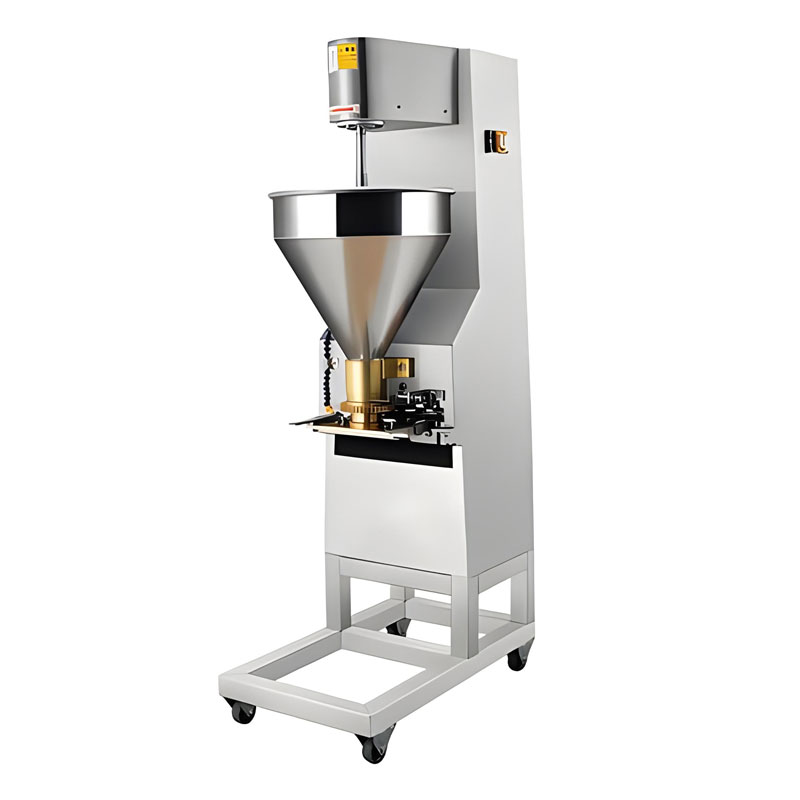
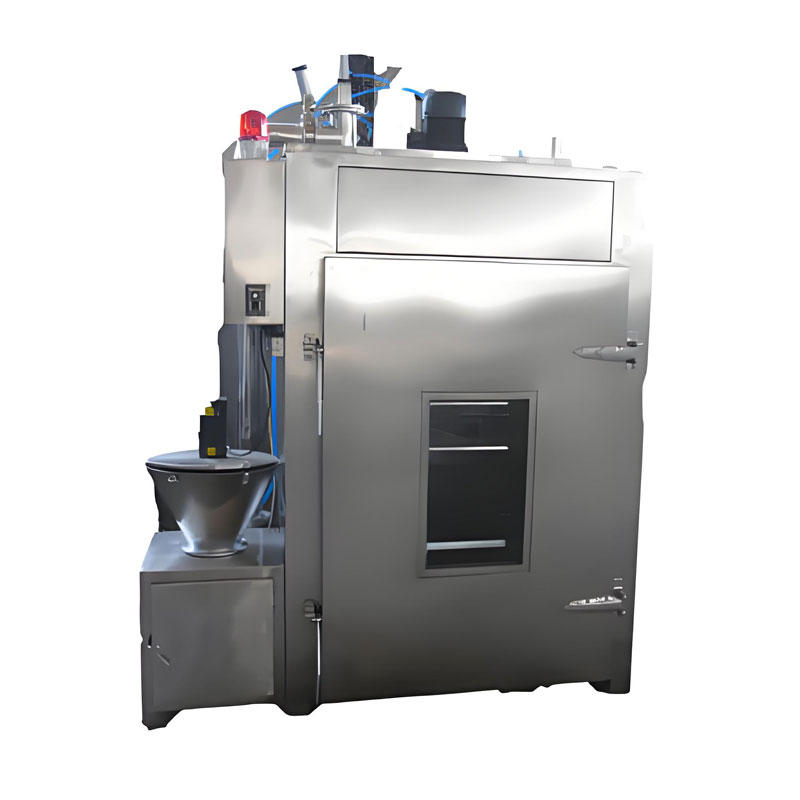
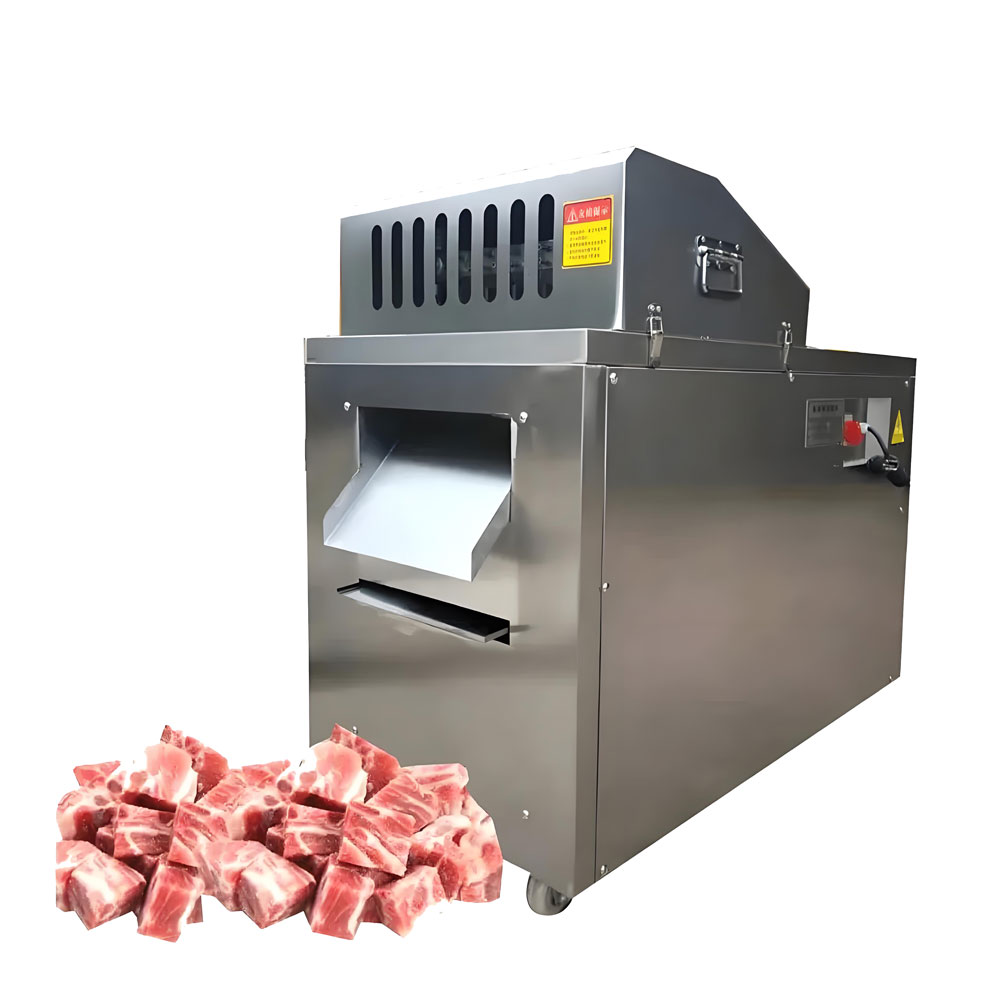
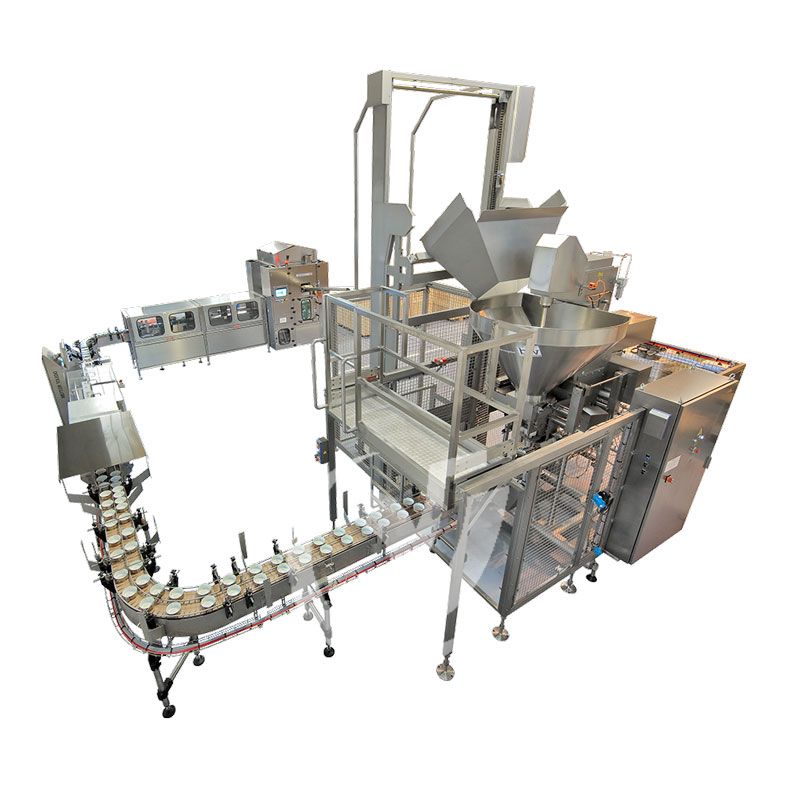

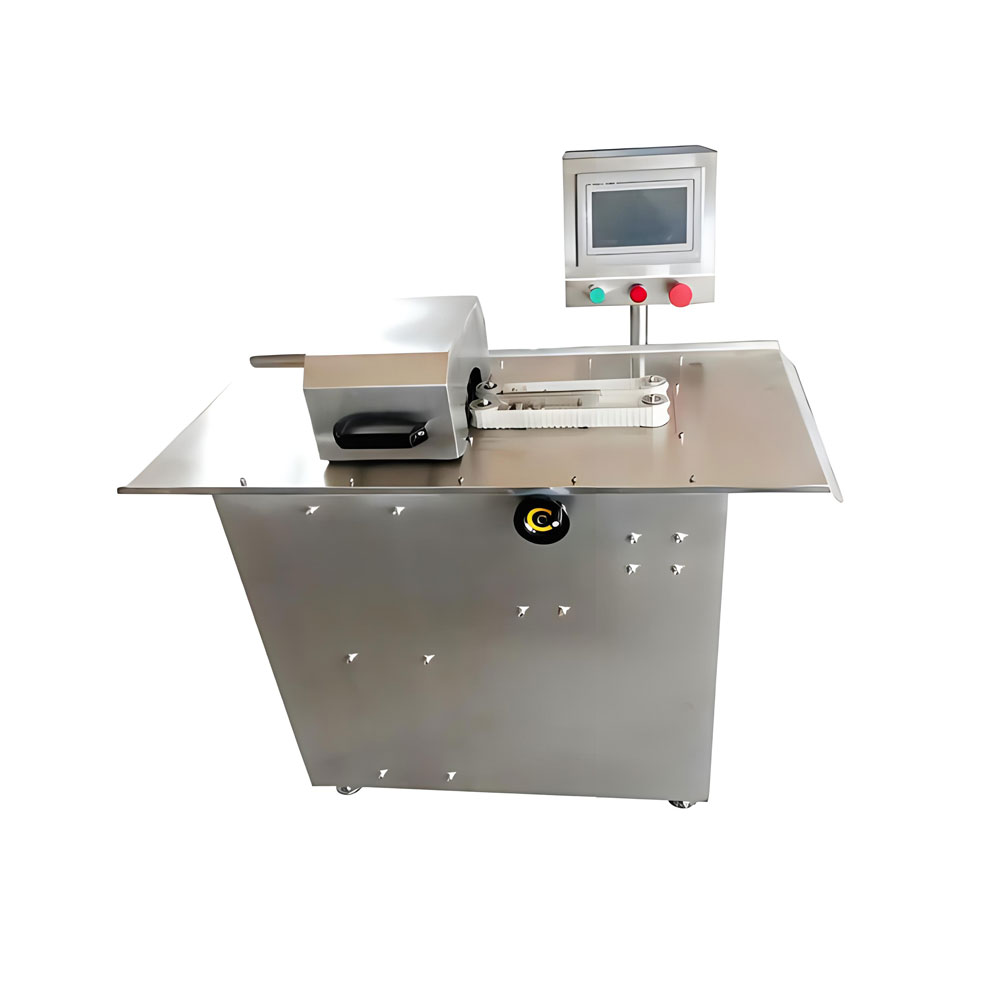
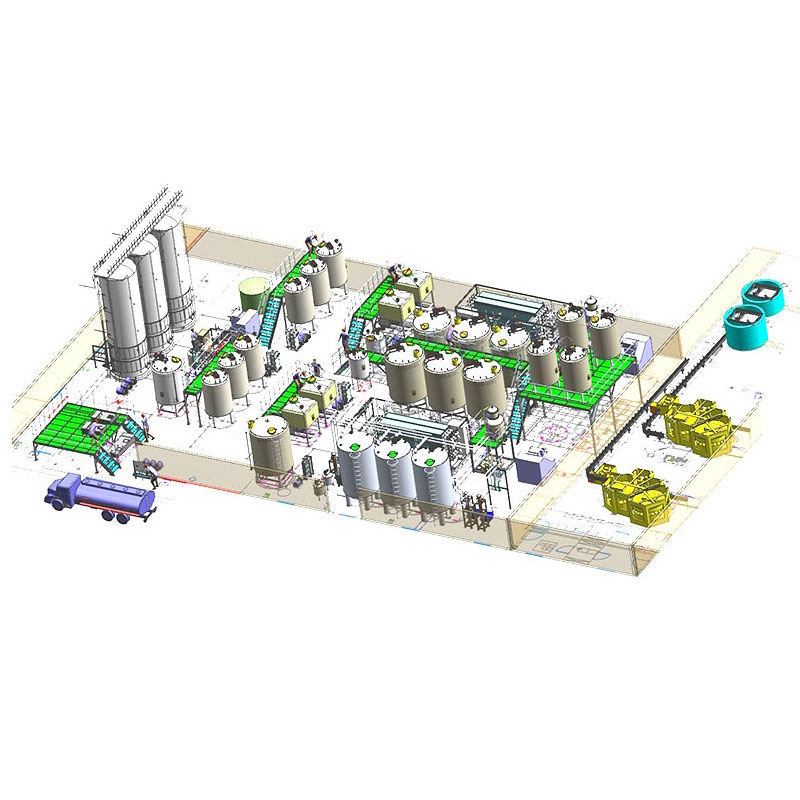
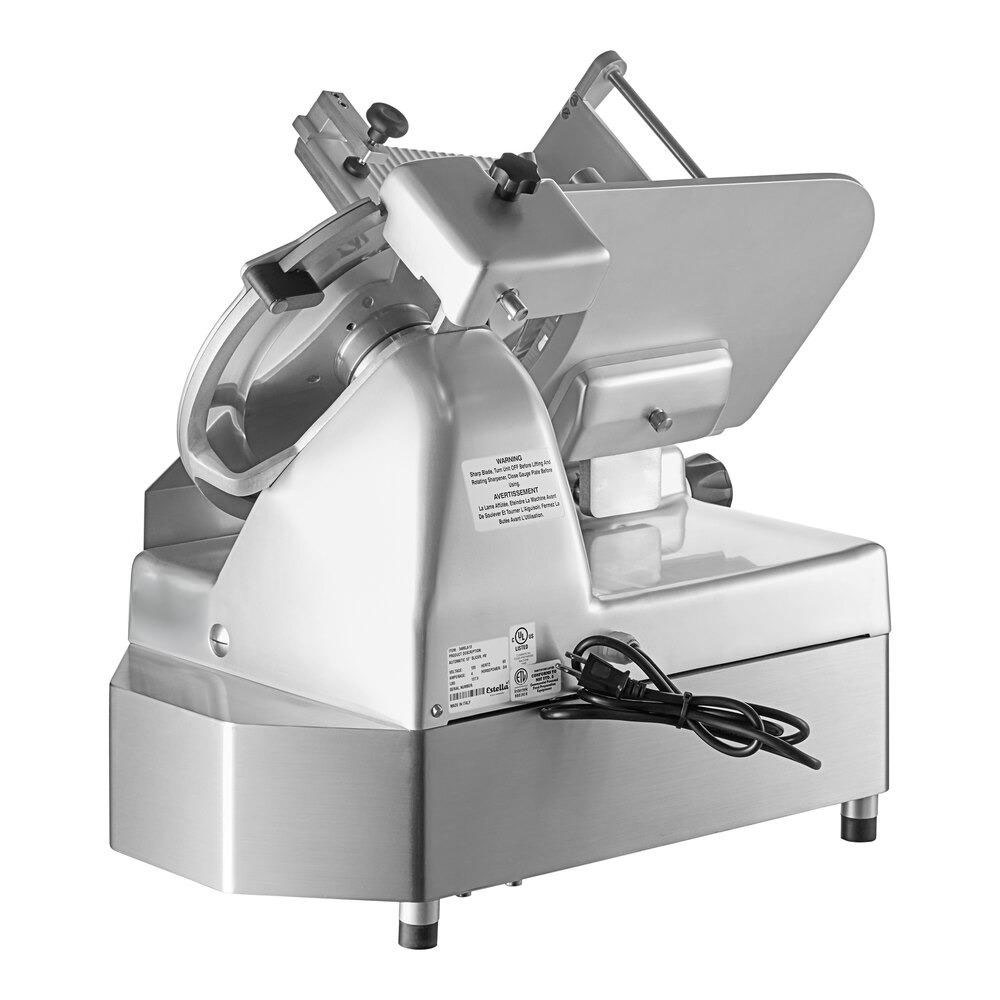
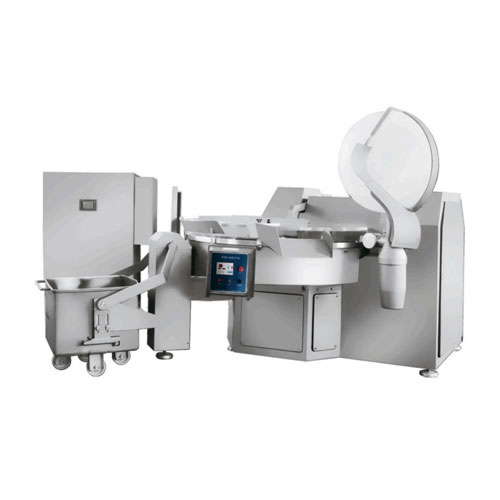
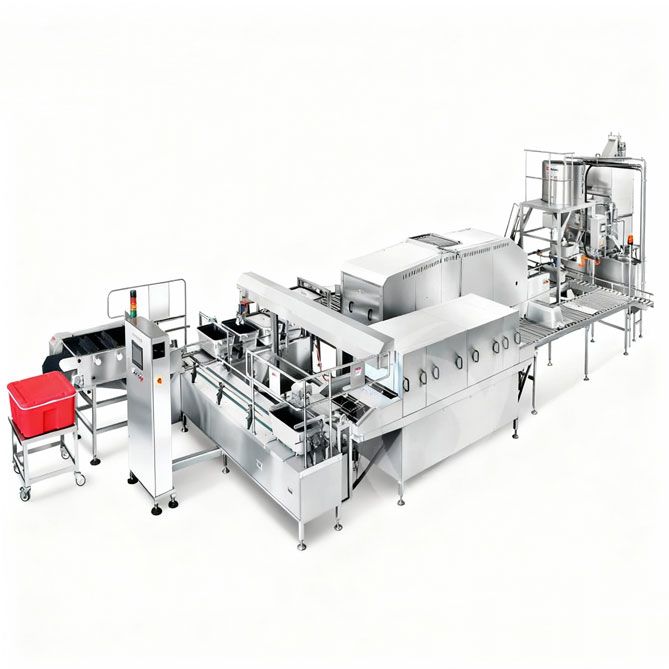
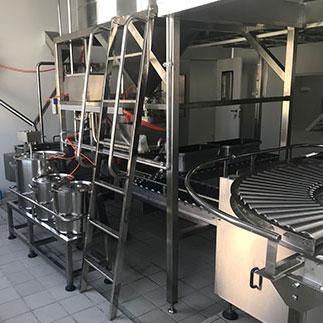 Cold Chain Rice Production Line
Cold Chain Rice Production Line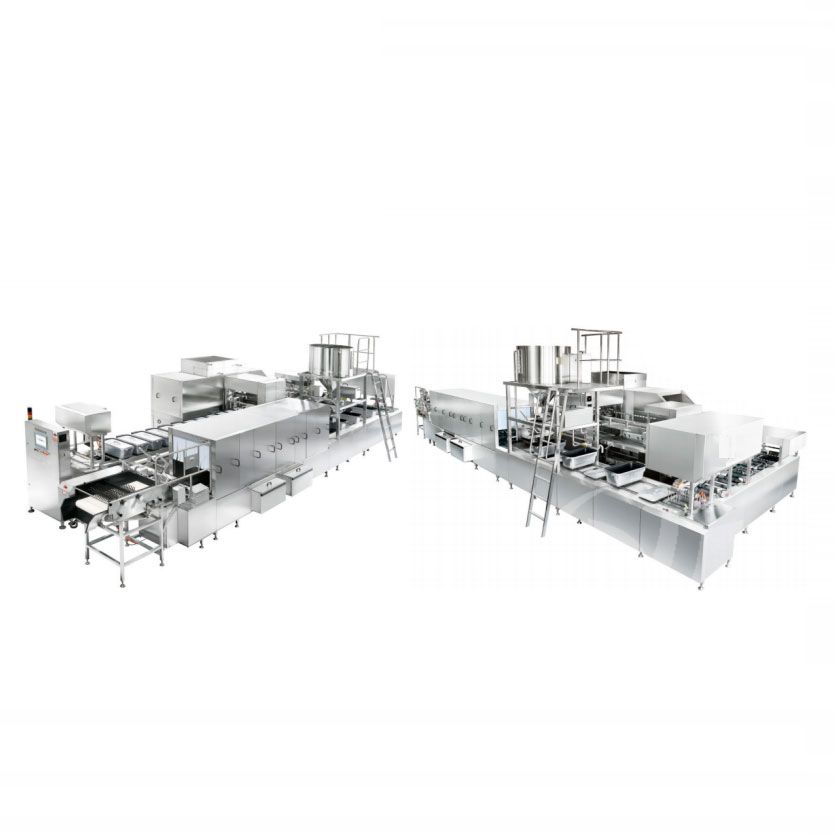 Unmanned Intelligent Rice Production Line
Unmanned Intelligent Rice Production Line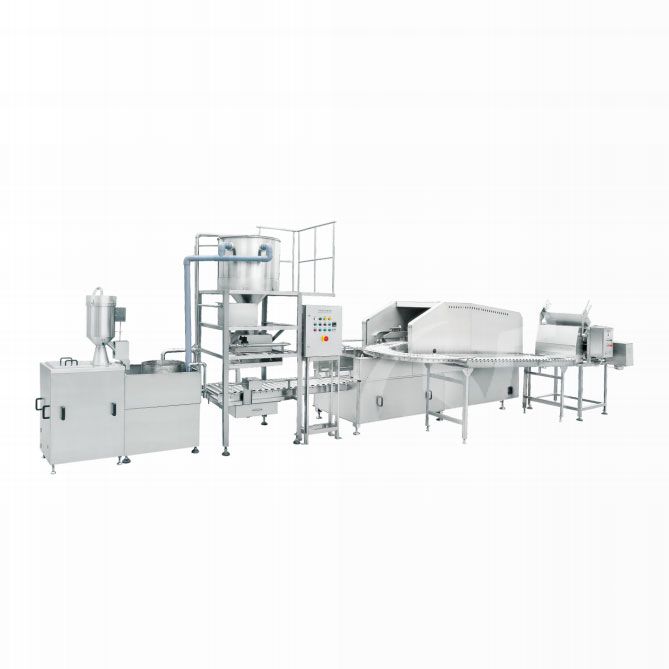 Automatic Rice Production Line
Automatic Rice Production Line
Ready to Get Started?